Planning Pays Off: 5 Strategies to Get the Most Out of Your Delivery Speed Choice
March 3, 2025
5 min read
Cut Costs With Full Truckload Shipping
Full truckload shipping is the best cost-cutting method for a business that needs to transport large quantities over an extended period. Thus, it is important to understand how to optimize FTL shipping costs and maximize return on investment.
In the following blog, we will discuss some very useful strategies for spending less on your next FTL shipment.
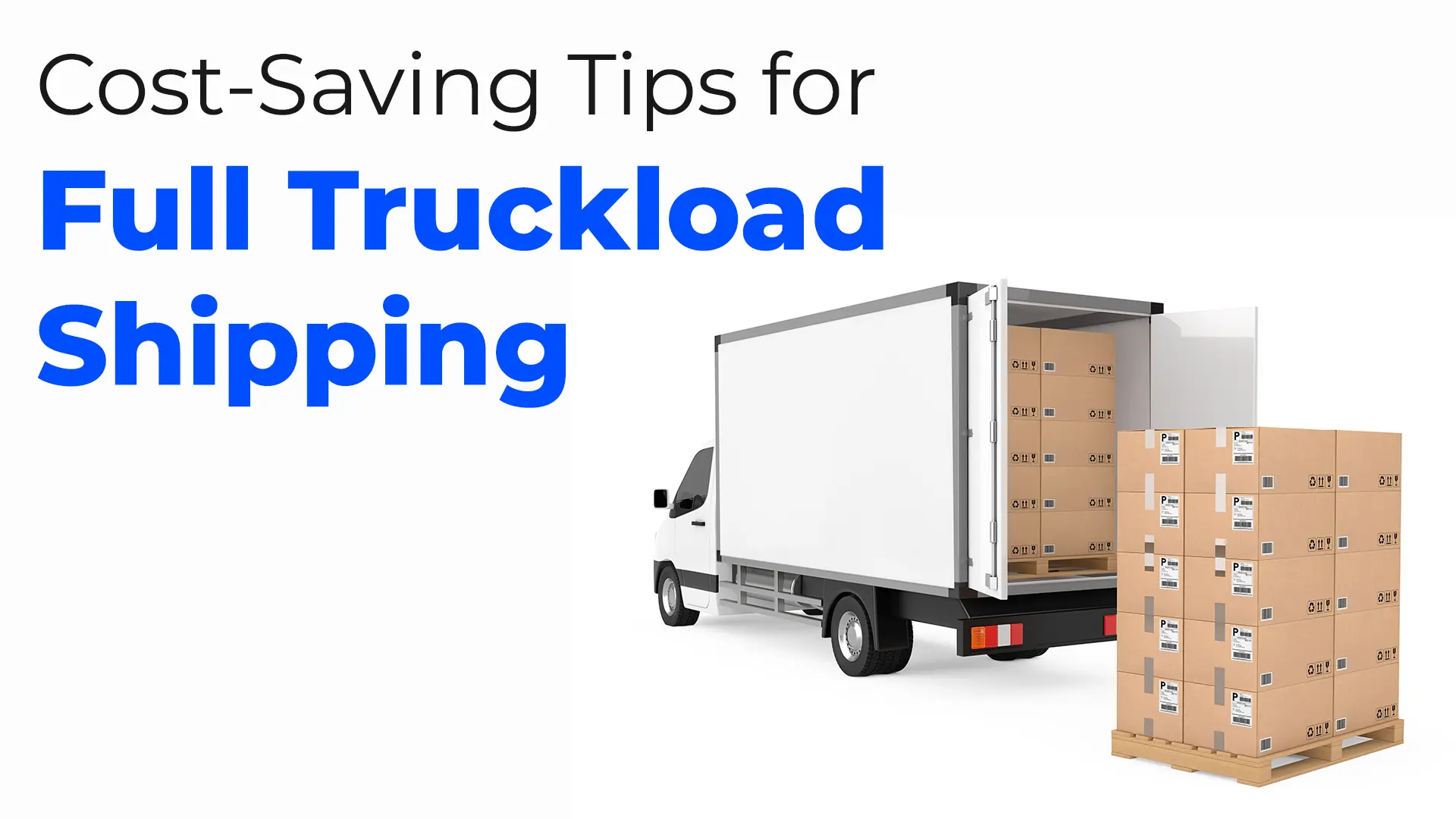
Cost-Cutting Strategies for Full Truckload Shipping
Every rupee counts in full-load transportation. For businesses dependent on full truckload shipping, cost optimization is critical. Fuel prices and carrier fees continue to rise and, therefore, need to be optimized as well. It can indeed make a huge difference in your cost savings and the bottom line for the businesses that implement these strategic approaches.
Negotiate Rates with Carriers
Another important tactic in cutting FTL shipping costs is negotiating favorable rates with the carriers. Building strong relationships with the carrier may result in better deals and discounts. Consider these tips:
Leverage your volume: If you regularly send large volumes, you could leverage that to get better rates.
Seasonal Shipping: Be sensitive to seasonal shipping patterns for optimal shipment planning. In the off-peak seasons, carriers have a greater incentive to discount.
Payment Terms: Negotiate payment terms with carriers and investigate discount opportunities such as prompt-payment discounts.
Choose the Right Carrier
To ensure full truckload shipping is efficient and cost-effective, finding the right carrier is a must. The following are some of the factors to consider in choosing a carrier:
Carrier: A good carrier ensures you avoid any supply chain delays.
Expertise: Select a carrier with experience handling your specific type of freight.
Technology: An advanced technology carrier can provide real-time tracking and visibility into your shipments.
Insurance: Ensure that your carrier has adequate insurance to cover damage to your shipment.
Utilize Freight Brokerage Services
Freight brokerage services save time and money by taking care of the complicated logistics of FTL shipping. A freight broker can:
Find Suitable Carriers: They can source you with the best carriers for your requirements.
Negotiate Rates: Brokers negotiate competitive rates on your behalf.
Manage Logistics: They manage your shipment from booking to delivery.
Monitor and Analyze Shipping Costs
Consider using TMS to track shipments and analyze spending. Analyzing trends and patterns will enable informed decisions to optimize full truckload services and shipping costs.
Conclusion
Remember to consider your unique requirements carefully and work closely with your carrier to implement some of the best solutions that would work for your business.
Partner with Shipyaari – a leading Logistics Portal offering an integrated suite of comprehensive FTL solutions. Shipyaari uses advanced technology and an extensive network of carriers to deliver competitive rates, real-time tracking, and exceptional customer support. Visit us today and discover how we can help you optimize your FTL shipping strategy and achieve cost-effective success.
Frequently Asked Questions
Large volumes, seasonal shipping, and building relations with carriers can help you negotiate better rates. You can also meet with carriers to discuss potential rate reductions and cost-cutting ideas.
Consolidating several smaller shipments into one single load of FTL helps reduce shipping costs per unit. Also, more efficient packing of your load to maximize space and proper weight distribution will further optimize your shipment.
Optimizing routes, tracking shipments, and saving cost become easier with a TMS. Real-time tracking eliminates delay and not incurring additional costs. Carrier management software even allows relating to carriers and negotiating with them nicely.
Direct routing may be cost-effective in a few cases, but intermodal transportation would help save a lot more and make things much more efficient. Flexible delivery windows allow carriers to optimize routes and reduce empty miles.
Suggested Reads
Hyperlocal Personalization: Tailoring Experiences for Local Customers
Introduction The eCommerce industry in India has witnessed a rapid growth of hyperlocal services in
Continue ReadingDec






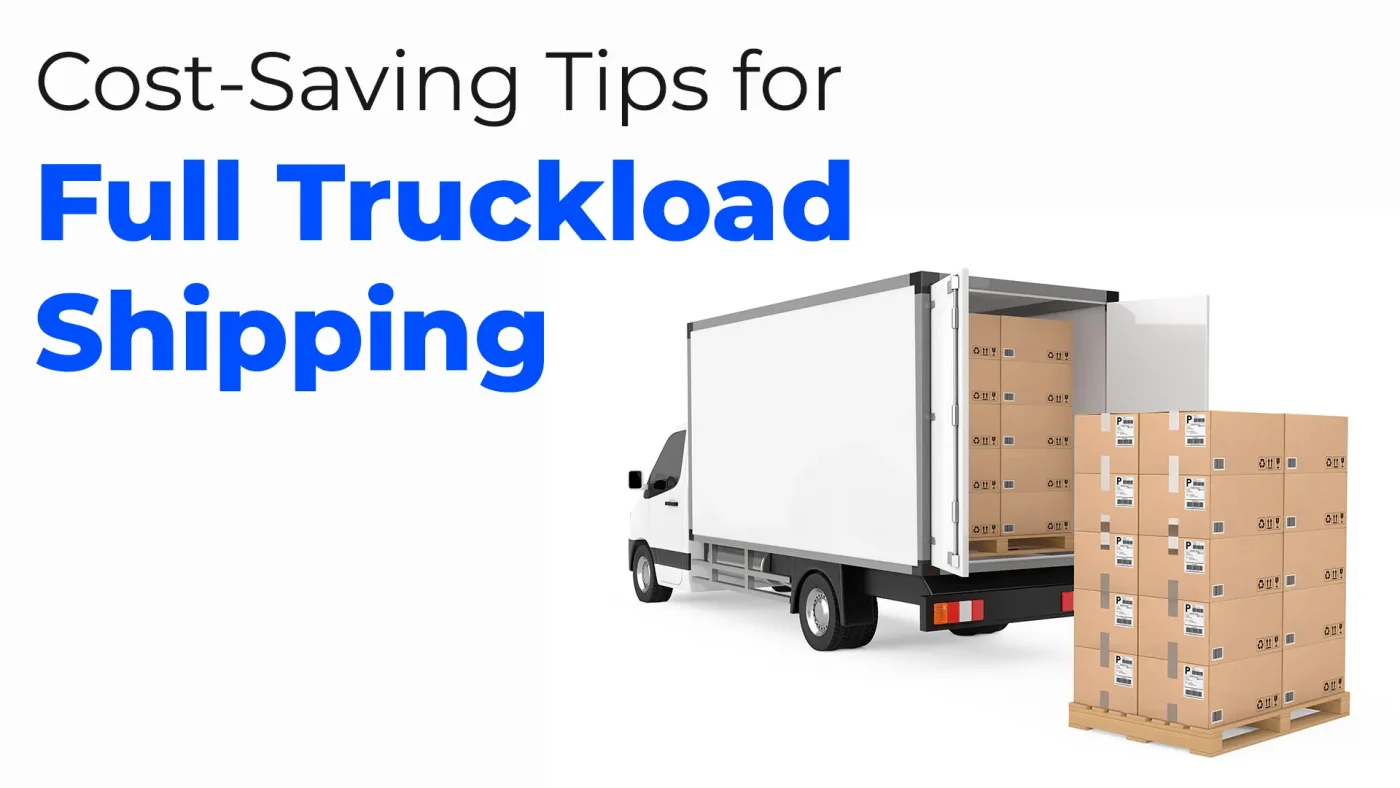



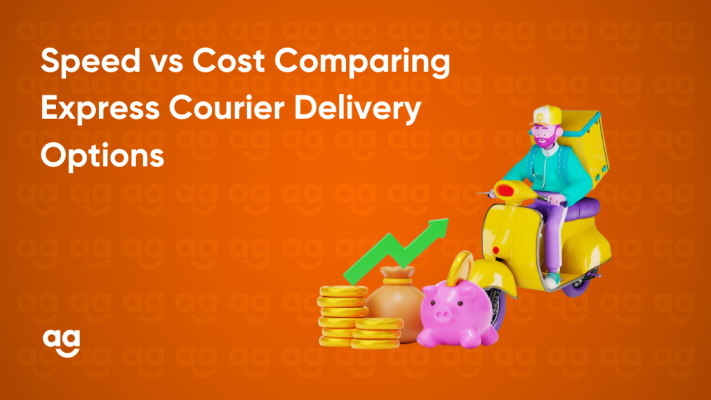


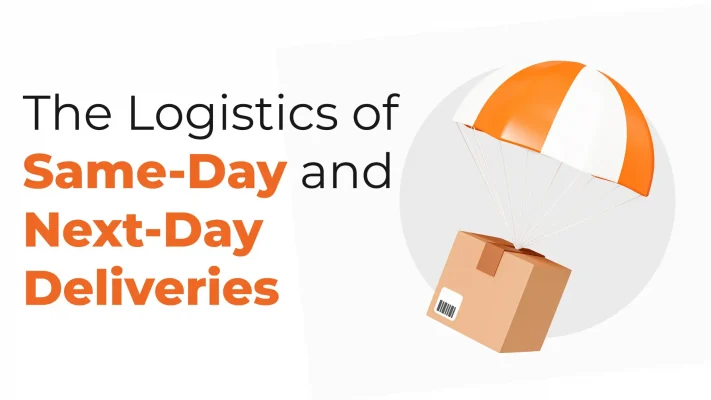


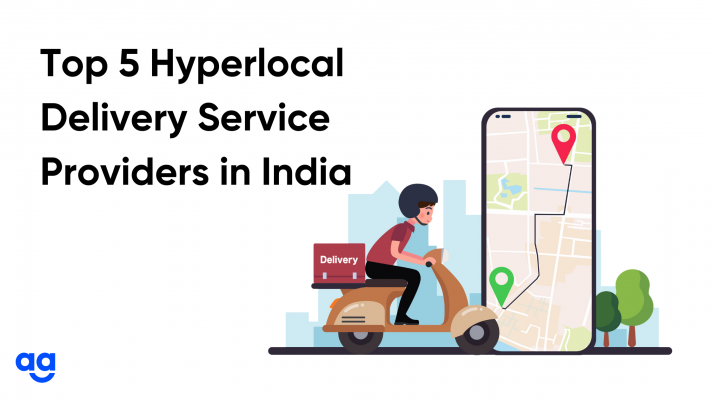
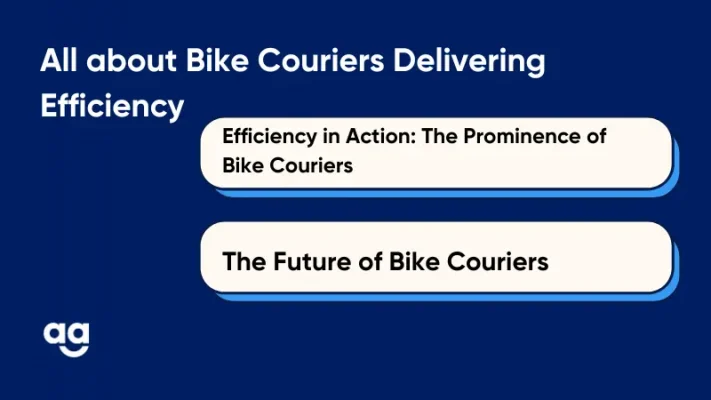

 Shipping
Shipping







